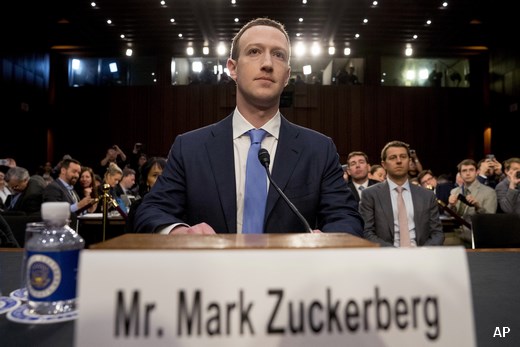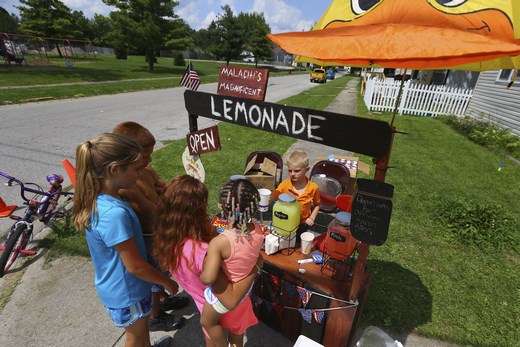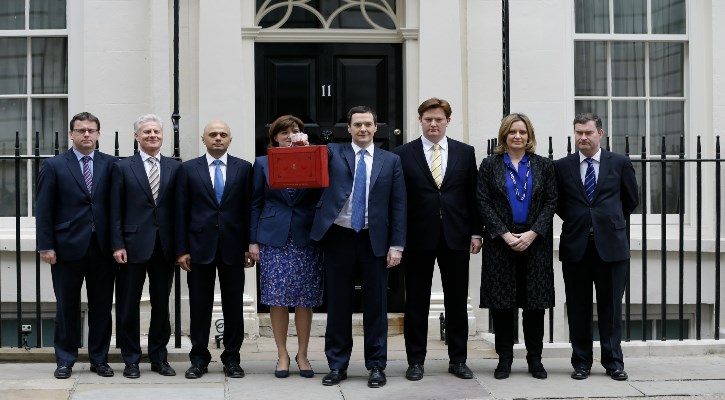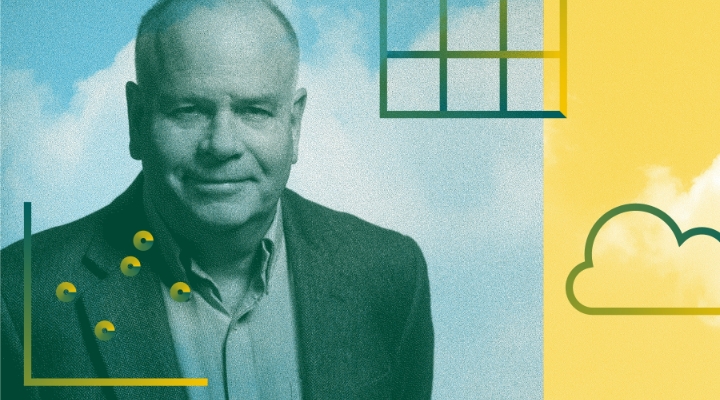
I have asked a fair few financial experts this year what financial lessons they teach their kids. I have received some truly colourful answers.
One interviewee helped her sons understand money by ensuring they sold things they did not want on eBay. Another told their three year-old they could earn some pocket money if they refrained from waking her at 3am (eek).
It was the shortest answer of all that got me. When I asked my mate Steve from a friendly Scottish financial services consultancy whether he taught his kids about cash, he simply said “Not really. We should let kids just be kids for as long as we possibly can.” It was hard to disagree.
Welcome to the Internet
Kids are exposed to enough awful stuff these days. As the comedian Bo Burnham (pictured above) reflects in his musical roast Welcome To The Internet, life online is a little bit of everything all of the time. “Which Power Ranger are you? / Take this quirky quiz / Obama sent the immigrants to vaccinate your kids," he sings, barely joking in the process.
This is the forcefully constant and uncompromisingly comprehensive internet world kids grow up in. It’s also the world that Mark Zuckerberg seems to love, which is why it is ok to be reluctant about buying Facebook when it's undervalued, let alone letting your kids use the metaverse when it eventually arrives.

I am not here to argue kids have never had it tough. Far from it. But in the 21st century children are uniquely vulnerable in ways they have simply never been before. The conflation of modernity and progress is a constant danger to them. Just because it is nearly 2022 does not mean progress is marching continually onwards.
I think Steve would agree. I bet going to the Dunfermline games with his dad seems like a much better memory than trying to ace a GCSE on bond yields, even if Dunfermline did repetitively yield in an altogether different way (sorry Steve).
But never mind the issue of poisoning kids’ minds with internet filth, there is an epidemic of utterly mindless internet content that influences the very body of people supposed to be handling this topic with the presence of mind we expect of leaders: the adults.
LinkedIn Learning
Terrible LinkedIn posts are everywhere.
And it’s not just the unqualified “thought leaders”, either. There are adults working in more traditional (and professionalised) financial services roles who contribute to this problem too with their endless wealth wisdom. “The key to financial freedom is removing the golden handcuffs,” opined one apparent expert on LinkedIn recently. What does that even mean?
This Kool-Aid is terrible for kids, but it’s terrible for them because it’s terrible for us. It lulls us into the false sense of security that there are formulaic answers to every problem, or that, when it comes to wealth, luck and chance do not play huge roles. We would be lying if we claimed we do not pass our blind spots on to our children. Money is a big one.
On the issue of luck, consider the sobering lesson conveyed by respondents from low-income backgrounds who this year told a special Financial Times survey that the sum of £105 was lower than that of £100 with 3% interest. It showed the almighty correlation between economic deprivation and financial illiteracy.
My colleague James Gard also points out that, having normalised (and profited from) gambling stocks that target the vulnerable, cryptocurrencies, meme stocks, and non-fungible tokens are going one step further, and at much faster pace. The boundary between investing and reckless gambling has never been more blurred.
I see little evidence that MPs are doing anything about this. They bottled the online safety bill. I await the day when it is revealed an MP is also a “parliamentary adviser” for a bitcoin broker. Their priorities are wrong.
Delivery at Scale
There are positives. While adults chatter in the echochamber, the market is already building solutions. An old university friend of mine spent several years of her life helping to build an online tutoring business, which received new rounds of funding last year as parents sat at home understandably tearing their hair out over home-schooling.
Others are listed. Just last week, the shares of US-listed Chinese education stocks Gaotu Techedu and New Oriental Education & Technology rose dramatically on news that the Chinese government would grant licences for after-school tutoring. The infrastructure clearly exists already. But is it the right one?

When it comes to first principles, there must be a space to deliver education that is at least somewhat disconnected from the commercial pressures kids will later encounter as adults. And it must be gentle. I don’t want my future kids’ money lessons sponsored by Shell, whether or not the company headquarters itself in the UK.
We need the national curriculum to do this, and yes, to avoid the accusation of cakeism, it will have to happen at the expense of another subject. We will need the help of technology companies too, but to use some LinkedIn pseudowisdom of my own, that technology tail must not be allowed to wag the education dog. I am not entirely sure I trust the metaverse to deliver, and yet (more awful adult management speak) the elephant in the room is scale.
The Delicate Balance
You can see the challenge here: it’s the most delicate balance between safeguarding children and investing properly in their long-term futures. It should only ever be based on consensus, and must be delivered at scale with central oversight.
Except there is no consensus, because we fail to have the conversation. I continually groan at money panellists who say “I think there’s a role for financial education here,” when they are asked about the latest mis-selling scandal. We are not elaborating on what that might mean. If experts are not debating that delicate balance, the Department for Education sure isn’t. Parents understandably struggle to as well.
If you do not buy my cynicism about this topic, my colleague Sunniva Kolostyak has today passed me a press release entitled “baby names with the highest earnings potential.” If I wasn't laughing at its pettiness, I'd be crying (like a child) at its malignancy. This stuff commercialises children before they are even born.
To those doing their bit properly to fix this: thank you. For its part, Morningstar has set up a partnership with NSPCC to educate children about money. And, for mine, I pledge to check with an organisation I volunteer for to see whether I can contribute in some way. It's not enough though.
And you? Well, if you suspect you may have fallen victim to the trend of posting disingenuously positive or frustratingly vague LinkedIn posts, don’t worry, help is available. But keep this in mind: I am myself barely joking when I argue that it’s a bull market of a wholly different kind.
Ollie Smith is UK Editor at Morningstar




























